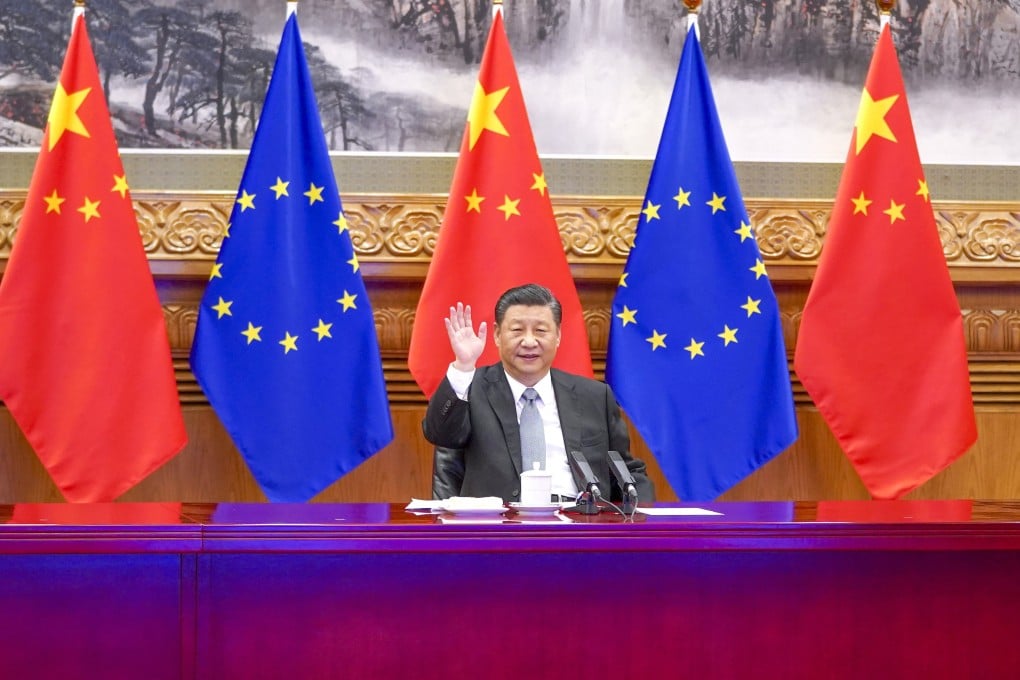Opinion | China-EU investment deal shows cooperation outweighs competition in bilateral relationship
- While the agreement won’t resolve all the trade and economic issues between Beijing and Brussels, it provides another platform for consultation on an equal footing and with mutual respect, which serves the goal of multilateralism

To them, we should give credit for an agreement that can foster certainty in uncertain times and contribute to the global goals of sustainability and multilateralism.
The agreement will help revitalise China-EU cooperation. This deal, inspired by state-of-the-art international economic and trade rules, will increase European Union investors’ access to a market of 1.4 billion consumers.
It establishes an FDI management system that provides equal conditions for foreign and domestic investors, as in EU agreements with other major economies, as well as a negative list, or specific arrangements for sectors and industries, as other EU partners have.

00:42
‘Major progress’ made on China-EU investment deal negotiations, says Beijing’s foreign ministry
